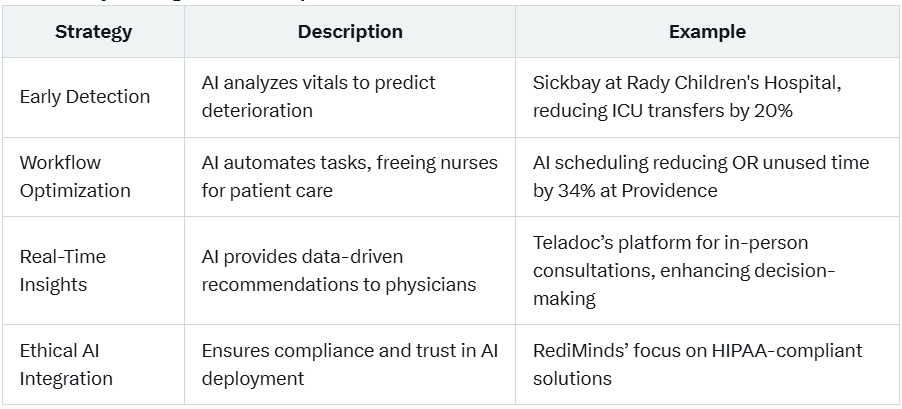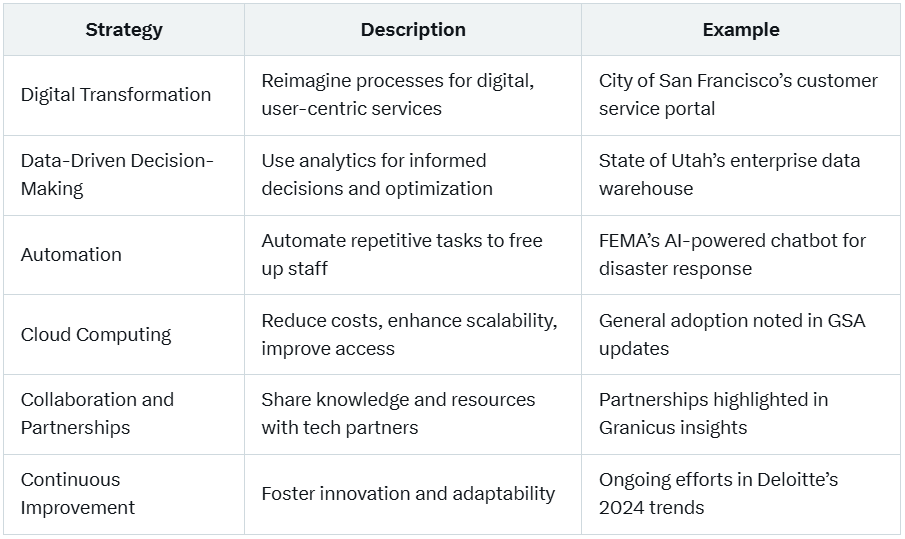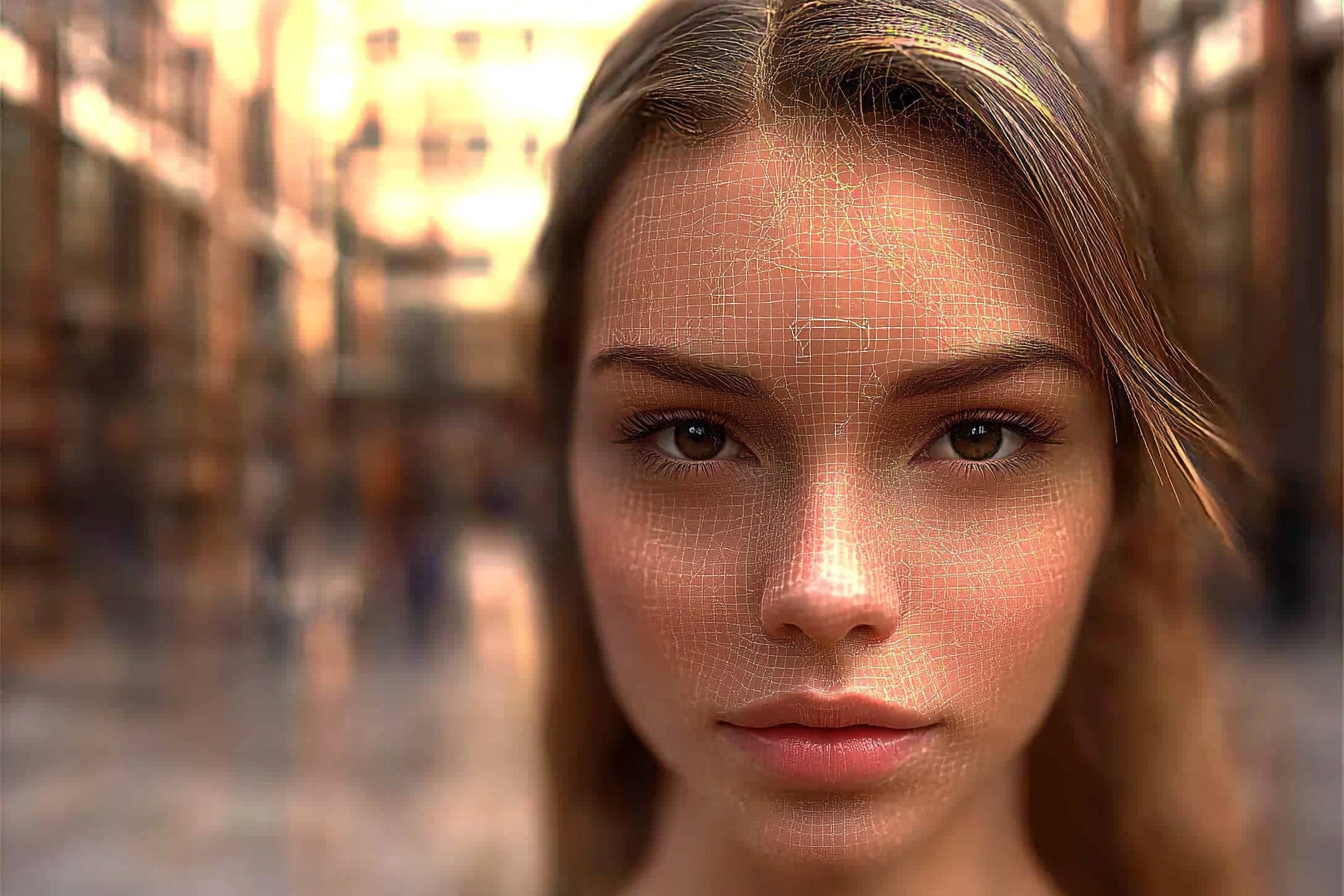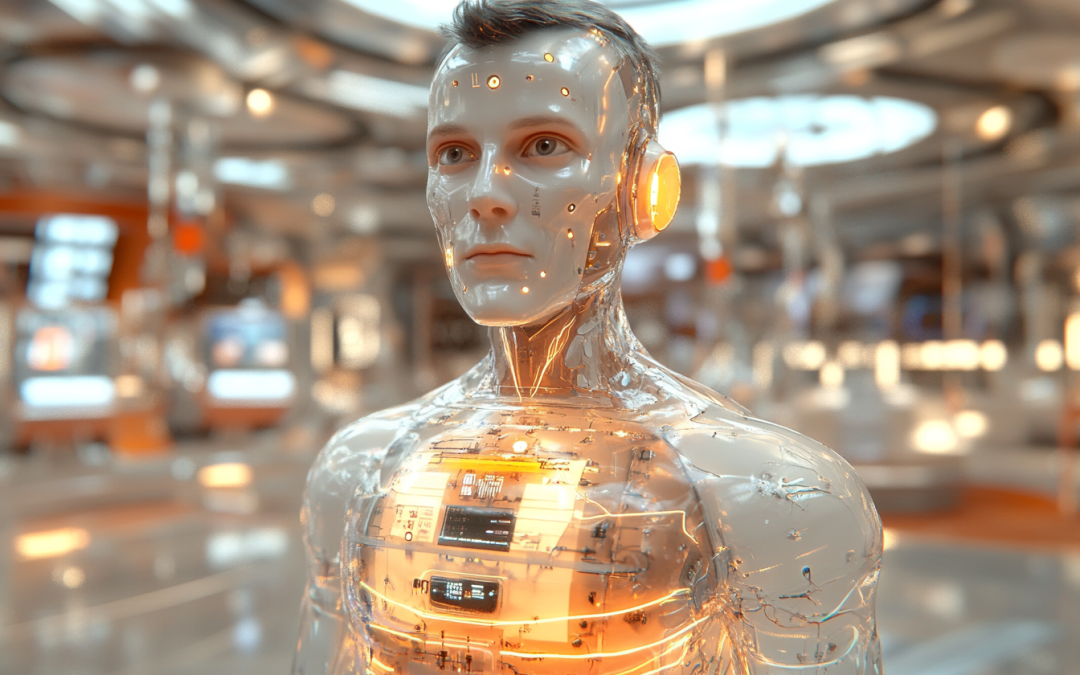
The Rise of Humanoid Robots: Balancing Innovation and Ethics in AI
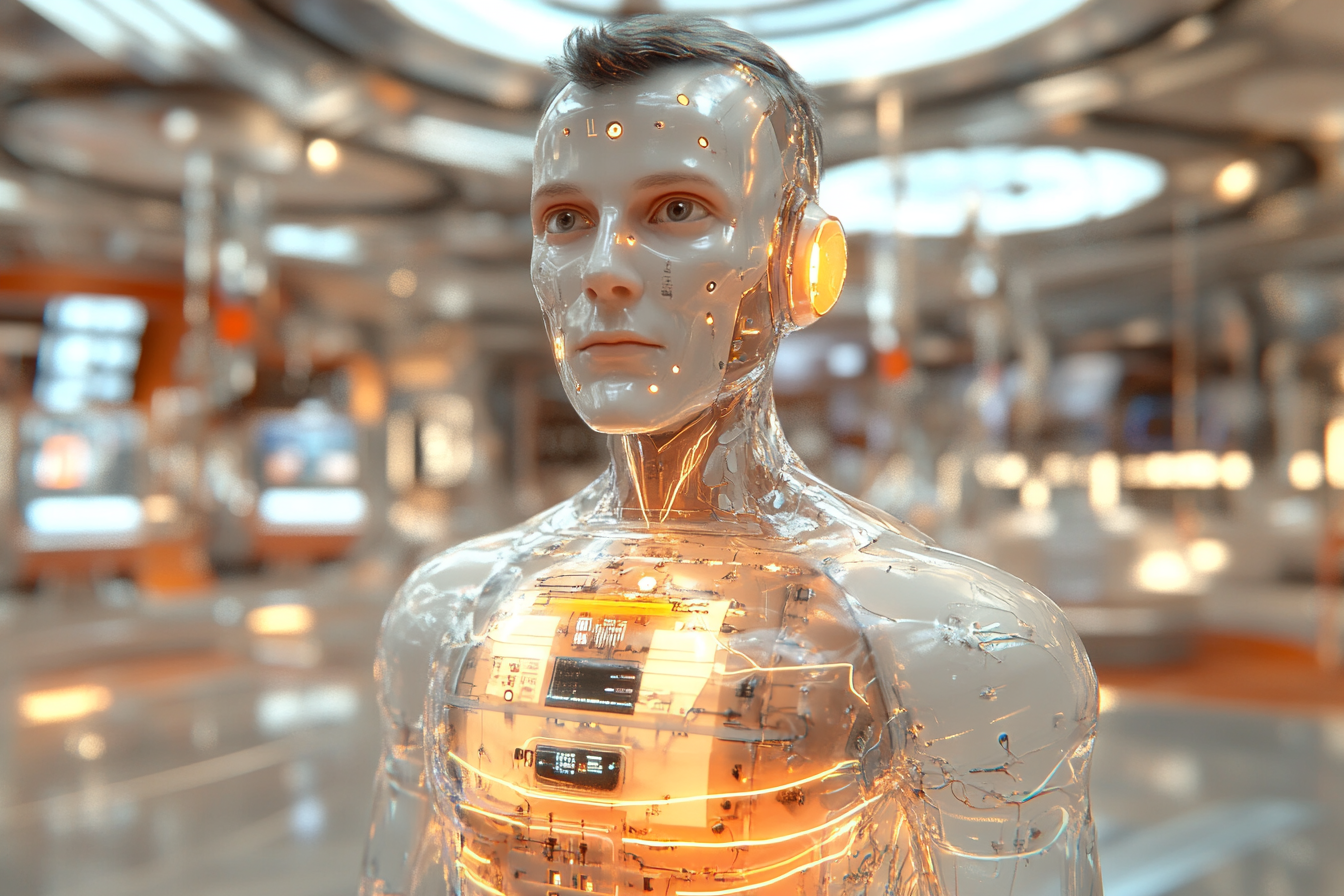
The Rise of Humanoid Robots: Balancing Innovation and Ethics in AI
Introduction
The realm of science fiction is becoming reality as companies like Clone Robotics introduce highly advanced humanoid robots like Protoclone. With its 200+ degrees of freedom, 1,000+ synthetic muscles, and 500 advanced sensors, Protoclone represents a significant leap in robotic technology. However, this advancement raises crucial questions about the balance between innovation and ethical considerations.
As these robots evolve and become more integrated into our daily lives, it’s imperative to address the potential challenges they pose, such as the uncanny valley effect and the impact on human employment. At RediMinds, we are committed to ensuring that AI and robotics enhance human potential while adhering to the highest ethical standards.
Protoclone and the New Era of Humanoid Robots
Protoclone, developed by Clone Robotics, is a cutting-edge humanoid robot designed to mimic human movement and capabilities with remarkable precision. Its 200+ degrees of freedom allow for a wide range of motions, closely resembling human flexibility. The incorporation of over 1,000 synthetic muscles, or Myofibers, provides the robot with strength and agility comparable to that of humans. Additionally, 500 advanced sensors enable Protoclone to process and respond to its environment with near-human precision.
This level of sophistication opens up new possibilities for applications in various sectors, from manufacturing and healthcare to customer service and beyond. For instance, in healthcare, Protoclone could assist with patient mobility and rehabilitation, providing personalized support. In manufacturing, it could handle complex assembly tasks that require precision and flexibility. In customer service, it could interact with clients in a more natural and engaging way, enhancing the overall experience. However, it also brings to the forefront concerns about the ethical implications of such advanced technology.
Current State of Humanoid Robotics
Humanoid robots have been a subject of fascination and research for decades, with companies like Boston Dynamics, Tesla, and others leading the way in recent years.
-
Boston Dynamics’ Atlas is known for its exceptional balance and movement capabilities, performing tasks like parkour, as seen in recent demos at Boston Dynamics Humanoid Robots from February 2025.
-
Tesla’s Optimus robot is designed to work alongside humans in factories, performing repetitive and dangerous tasks, with updates in Tesla Optimus from January 2025 showing progress in human-robot collaboration.
-
Other players like Sanctuary AI and Figure AI are developing robots for warehouse operations and home assistance, with recent case studies in Sanctuary AI from March 2024 and Figure AI from December 2024.
Despite these advancements, Protoclone’s specifications suggest it is at the forefront of this technology, potentially setting new standards for what is possible in robotic design and functionality.
The Uncanny Valley Dilemma
The concept of the uncanny valley, first introduced by Masahiro Mori in 1970, describes the phenomenon where human-like robots that are almost, but not quite, indistinguishable from humans can evoke feelings of eeriness and discomfort in observers. As robots become more human-like, there is a risk that they will fall into this valley, leading to negative public perception and potential rejection.
Protoclone, with its highly realistic movement and appearance, may be approaching or even entering this uncanny valley. It’s essential to understand and address this issue to ensure that the introduction of such robots is met with acceptance rather than resistance. Given its advanced features, Protoclone might be one of the first robots to test the boundaries of the uncanny valley. Its realistic movement and appearance could lead some people to feel discomfort or unease, especially in initial interactions. However, as people become more accustomed to interacting with such robots, this feeling may diminish, similar to how society has adapted to other technological advancements, as discussed in Uncanny Valley updated in February 2025, with examples like Sophia from Hanson Robotics from January 2025.
Ethical Considerations in AI and Robotics
The development and deployment of advanced AI and robotics raise several ethical concerns:
1.Job Displacement: There is a fear that highly capable robots will replace human workers, leading to unemployment and economic disruption. To mitigate this, robots should be designed to work alongside humans, taking on tasks that are dangerous, repetitive, or require superhuman capabilities, thus complementing human workers rather than replacing them, as per AI Ethics Principles from October 2024.
2.Privacy and Security: Robots equipped with advanced sensors could potentially collect and misuse personal data. Implementing strict data privacy protocols is crucial to protect individuals’ information, with recent discussions in Ethical AI in Robotics from September 2024.
3.Autonomy and Control: Ensuring that robots operate within safe and ethical boundaries, especially in scenarios where they interact with humans, requires the integration of robust safety features and ethical decision-making algorithms.
4.Human-Robot Interaction: Designing robots that can communicate and interact with humans in a way that is natural and non-threatening is essential for their acceptance and successful integration into society.
To navigate these challenges, it’s crucial to establish robust ethical guidelines and regulatory frameworks that govern the development and use of AI and robotics.
RediMinds’ Commitment to Ethical AI
At RediMinds, we believe that AI should be a tool to enhance human potential, not replace it. Our approach to AI enablement is grounded in ethics, transparency, and responsibility.
-
Ethical AI Frameworks: We develop and implement AI solutions that adhere to the highest ethical standards, ensuring that they are fair, transparent, and accountable, as per RediMinds AI Enablement Services.
-
Human-Centric Design: Our AI solutions are designed to augment human capabilities, improving efficiency and productivity while preserving the human element in the workplace, supported by RediMinds, noting collaborations with academic institutions.
-
Partnership and Collaboration: We work closely with our clients to understand their needs and ensure that our AI implementations align with their values and objectives.
Additionally, RediMinds has collaborated with leading academic institutions to develop guidelines for AI ethics and has implemented these guidelines in all our projects. Our team includes ethicists and social scientists who work closely with our AI engineers to ensure that every solution we deliver is not only technically sound but also ethically sound.
By partnering with RediMinds, organizations can confidently embrace AI and robotics, knowing that they are doing so in a responsible and ethical manner.
Conclusion and Call to Action
The advent of advanced humanoid robots like Protoclone marks a significant milestone in the evolution of AI and robotics. While these technologies offer immense potential, they also present challenges that must be addressed to ensure their positive impact on society.
At RediMinds, we are at the forefront of this movement, providing trusted, ethical AI frameworks that guide the responsible integration of AI and robotics into various industries. We invite leaders and CEOs to join us in shaping a future where technology and humanity coexist harmoniously.
To learn more about how RediMinds can help your organization navigate the complexities of AI and robotics, please visit our website at rediminds.com or follow us on X at @RediMinds.



